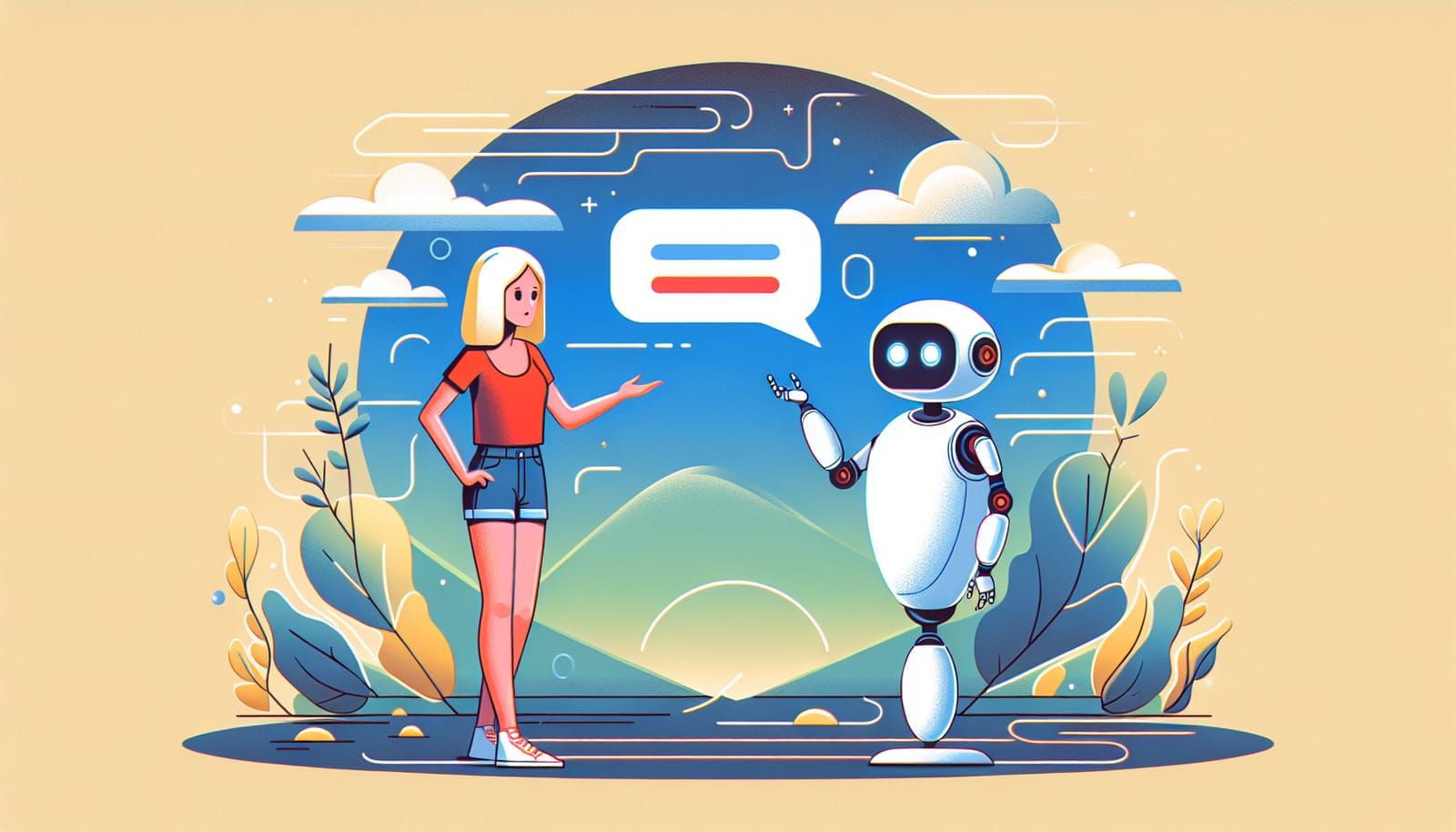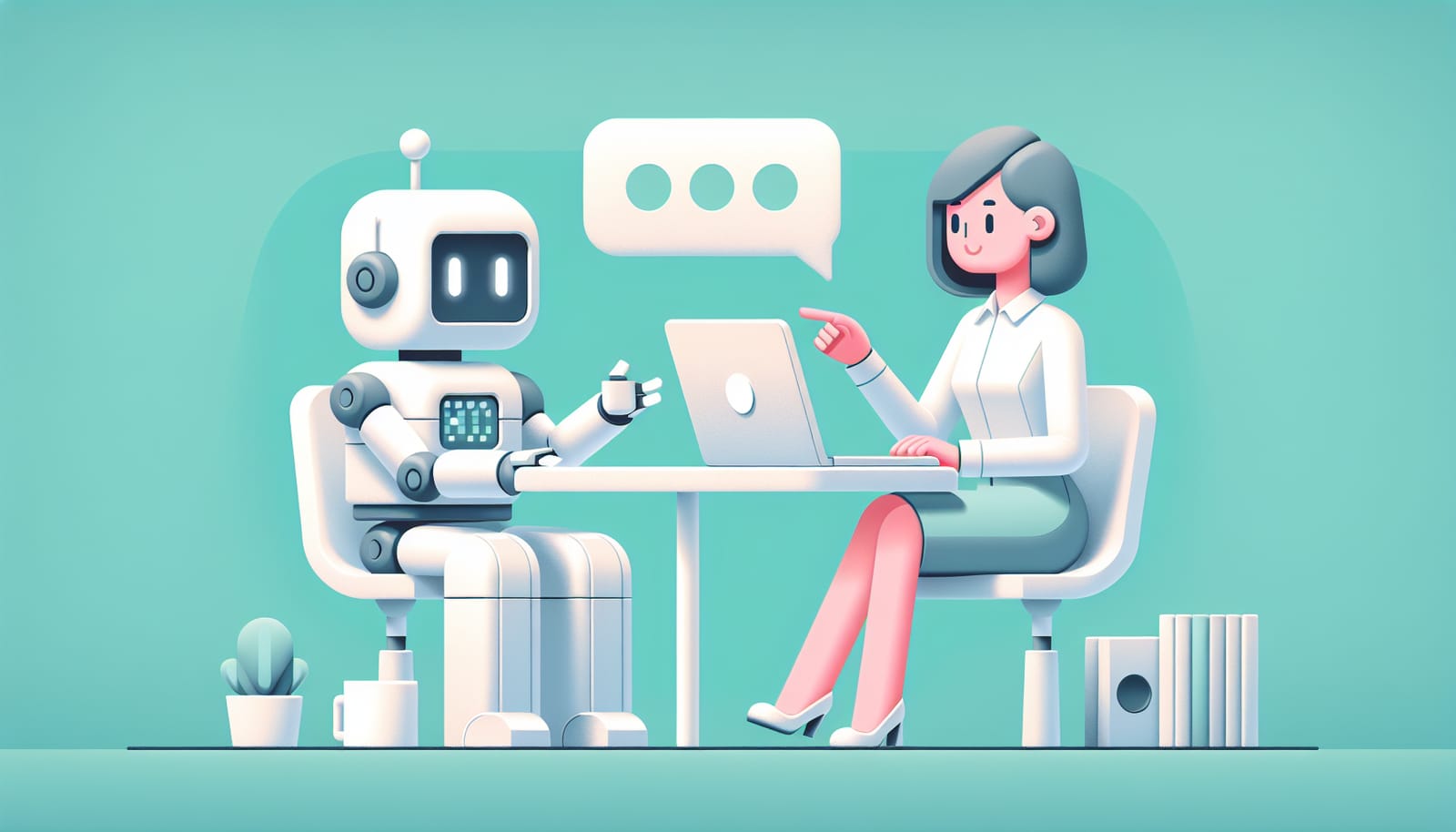Have you ever heard the term “singularity” and wondered what it means? It seems to pop up in conversations about artificial intelligence (AI) and technology, but what does it really mean? In this article, we’ll unravel the concept of the singularity, explore its implications, and how it relates to the future of technology and humanity.
Understanding the Singularity
The term “singularity” has various meanings in different contexts, but in the realm of technology and AI, it refers to a future point when artificial intelligence will surpass human intelligence. Imagine a moment when computers and machines become so advanced that they can improve themselves without any human intervention. This could lead to rapid advancements in technology, solving problems we currently face, and even creating new innovations we can't yet imagine.
The idea was popularized by futurist Ray Kurzweil, who suggests that this moment could occur around the year 2045. Think of it like a snowball rolling down a hill: as it gathers speed, it grows larger and larger, eventually becoming unstoppable. The singularity represents that moment when AI starts to grow exponentially, leading to unpredictable changes in society and our everyday lives.
The Evolution of AI
To understand the singularity better, it's essential to look at how AI has evolved over the years. The journey of AI began in the mid-20th century when scientists and mathematicians started to create machines that could mimic human thought processes. Early AI systems were relatively simple, using basic algorithms to solve problems.
As technology advanced, so did AI. Today, we have AI that can learn from data, recognize patterns, and even make decisions. Machine learning, a subset of AI, allows machines to learn from experience, much like humans do. For example, when you watch videos on a streaming platform, AI algorithms analyze your preferences to suggest new content tailored just for you.
As AI continues to evolve, some experts believe we could reach a tipping point—an inflection point—where AI becomes self-improving and begins to surpass human capabilities. This is what we refer to as the singularity.
Implications of the Singularity
The singularity isn’t just a sci-fi concept; it has real implications for our future. Let's explore some potential outcomes:
Rapid Advancements: Once AI surpasses human intelligence, it might lead to breakthroughs in fields like medicine, environmental science, and engineering. Imagine a world where diseases are cured in days, or renewable energy solutions are optimized to combat climate change.
Ethical Considerations: The rise of superintelligent AI raises questions about ethics and morality. Who is responsible for the actions of an AI? How do we ensure that AI aligns with human values? These are crucial discussions we need to have now to prepare for the future.
Job Displacement: As AI systems become more capable, there’s a possibility that many jobs could be automated. While this could lead to increased productivity, it may also result in unemployment for many workers. Preparing for this transition with education and training will be vital.
Enhanced Quality of Life: On a positive note, the singularity could result in a higher quality of life for everyone. With AI handling mundane tasks, humans can focus on creativity, problem-solving, and personal connections.
The Debate Around the Singularity
The singularity is a topic of much debate among scientists, technologists, and ethicists. Some people believe it will happen soon and could be a transformative event for humanity. Others are more cautious, warning of potential dangers that could arise if we do not manage the development of AI responsibly.
Critics argue that we must establish robust guidelines and regulations to ensure AI systems are designed with safety in mind. It's crucial that we build AI that aligns with human values and enhances our well-being. This is often referred to as “friendly AI.”
On the other hand, proponents of the singularity argue that the benefits far outweigh the risks. They believe that with careful planning and consideration, we can harness the power of superintelligent AI to solve some of our biggest challenges, such as poverty, illness, and environmental degradation.
Preparing for the Singularity
As we move closer to the singularity, it’s essential to think about how we can prepare for this future. Here are some steps we can take:
Education: Learning about AI and its implications is crucial. Whether you’re a student or an adult, taking courses related to AI, machine learning, and data science can help you understand this rapidly changing landscape.
Engagement: Participate in discussions about AI ethics and policy. Understanding various perspectives and contributing to the conversation can help shape the future of technology in a positive direction.
Adaptability: As AI continues to evolve, so should our skills. Embrace lifelong learning and be open to acquiring new skills that complement AI technologies. This will ensure you remain relevant in the job market.
Community Building: Engage with communities focused on technology and AI. Sharing knowledge and experiences can help demystify AI and foster a culture of innovation and collaboration.
The singularity is a fascinating concept that sparks curiosity and debate. As we stand on the brink of this potential future, understanding AI’s evolution, implications, and ethical considerations is crucial. Whether you view it as an opportunity or a challenge, one thing is clear: the singularity will shape our world in ways we are just beginning to understand.
By embracing education, engaging in discussions, and preparing for the changes ahead, we can all play a part in ensuring that the rise of AI leads to a better future for humanity. So, the next time you hear about the singularity, remember that it’s not just a far-off idea; it’s a journey we’re all on together.


